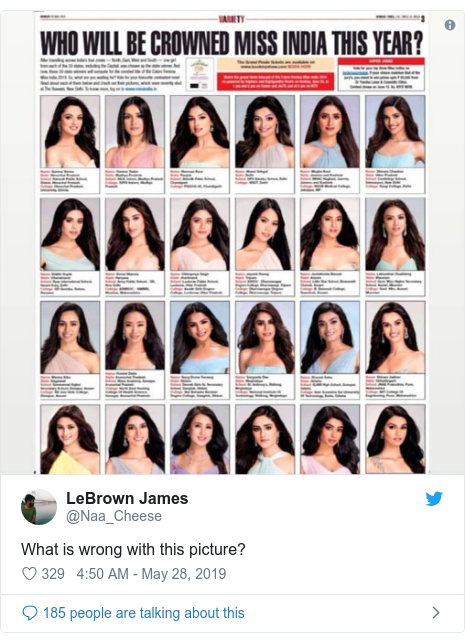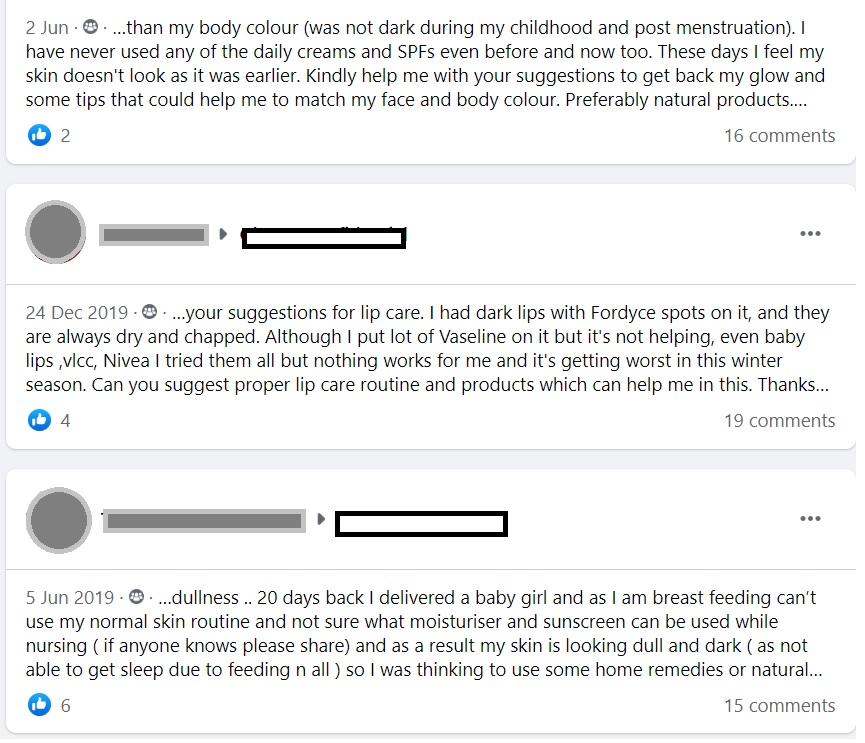“When you sell in desperation, you always sell cheap.”

Every product has used the quiet desperation of its consumers to get them to buy their products in some way or the other. In the Indian subcontinent, 101 years ago a doctrine was created by advertisers to prey on desperate women- If you have to be deemed to be an attractive woman, your skin needs to be alabaster or as matrimonial websites call it- FAIR. The first fairness cream is said to date back to 1919. Created by entrepreneur E.S. Patanwala, it was called ‘Afghan Snow’ and named after King Zahir of Afghanistan.
Why has this become a topic of discussion amid a global pandemic? Why now?
On 25th June 2020, Hindustan Unilever Limited, the father of all things fair skin in India decided that it’s not only fair that’s lovely. HUL will be renaming and rebranding its flagship skincare brand and will stop using the word ‘Fair’ in the product.
Why the need for this sudden hit of morality you ask? Why not discontinue the product altogether, you wonder? Is there a change in the ingredients of the product? What is the point of this sham of a rebranding if the same product with the exact same ingredients will continue to be sold in the market for the exact same purpose? You are full of questions, aren’t you?
To understand, how deep the marketing for fairness creams runs in countries like India, let revisit the first fairness cream- Afghan Snow. The First Miss India event held in the country back in 1952 was sponsored by Afghan Snow. The product was also endorsed by India’s first beauty queen export to Hollywood and Star Trek alumni, Persis Khambhatta. If you think, that was then and this is now, it was just last year that a collage was published in the Times of India newspaper which belongs to the same group that organizes the Miss India beauty pageant, encompassing 30 headshots of beautiful women.
So why has a brand that has been unperturbed by decades of protest from women’s groups and clocks about Rs. 4,100 crore ($550 million) in annual sales from the flagship brand Fair & Lovely in India alone, suddenly develop a conscience?
With their tame, glossy, shoulder-length hair and a skin tone that is virtually identical, some quipped that they all looked the same. Others wondered out loud – albeit as a joke – if, in fact, they were all the same person. It just reinforced the belief that if you have to be beautiful in the Indian continent, you need to be WHITEWASHED.
A WHO study, which was published in 2019, November, highlighted how mercury is commonly found in skin lightening soaps, creams and other products and is hazardous to one’s epidermis and health. Some fairness creams are composed of steroids that can cause skin discolouration, acne, hypersensitivity to sun, pigmentation, skin allergies and even skin cancer. But none of these severe health implications can stand tall in front of years of training women in the world to think that their melanin deprived counterparts are the only ones who deserve professional success and marital joy.
But what has about-faced for this 8.9 Billion skin lightening industry?
For three years now whilst the Me Too movement has bought down some of biggest degenerates and debauched men in various industry, we’re still unsure how much of a systemic change it truly bought about. Just like #ME TOO had its moment, this year along with a global pandemic and locust swarm, there’s another movement that’s having its moment in the sun.
A small movement started in 2013 with the hashtag #BLACK LIVES MATTER, that jolted the world into waking up during a pandemic.
There has been a sudden realization that you should not treat someone like they are lesser than human, just because of their epidermis. I’m sure you are putting two and two together now. So it wasn’t the realization that this brand was built upon, perpetuated and benefited from internalized racism and promotes anti-blackness sentiments amongst all its consumers and has decided to atone. They’re just running scared.
Last week, Johnson & Johnson announced it will discontinue two lines of skin-lightening products popular in Asia, making it one of the latest major companies to change business tactics seen as racist amid the global debate over racial inequality.
And jumping on the black wagon, this week we had the Indian skin lightening giant- Fair and Lovely giving up their most profitable cash cow. While many rejoiced over the announcement, describing it as historic and a huge victory, others pointed out that it was old wine in a new bottle as the company was still going to sell the same cream with the same ingredients, but with a new name. Though there have been many a #Dark Is Beautiful campaign, this has done little to impinge upon the impact of the decades of the stigma of being below a certain shade of beige in the Indian continent. Take any Indian beauty, Mommy, or just Women’s wellness Facebook page, you will find it enmeshed with queries like these.
These quandaries about dark skin, pigmented skin, discoloured skin, tanned skin is just endless and reflective of how women are made to feel every day of their life.
But like everything else in life, all hope is not lost. Fair and Lovely might soon relaunch and rebrand on the lines of women’s day campaigns- Superwomen, Confident woman or some other tripe. But it’s still amazing to see the butterfly effect of how when part of the world fights systemic racism another part of the world is forced into fighting endemic prejudice. Flutter butterfly, flutter us into an inevitable transformation.



